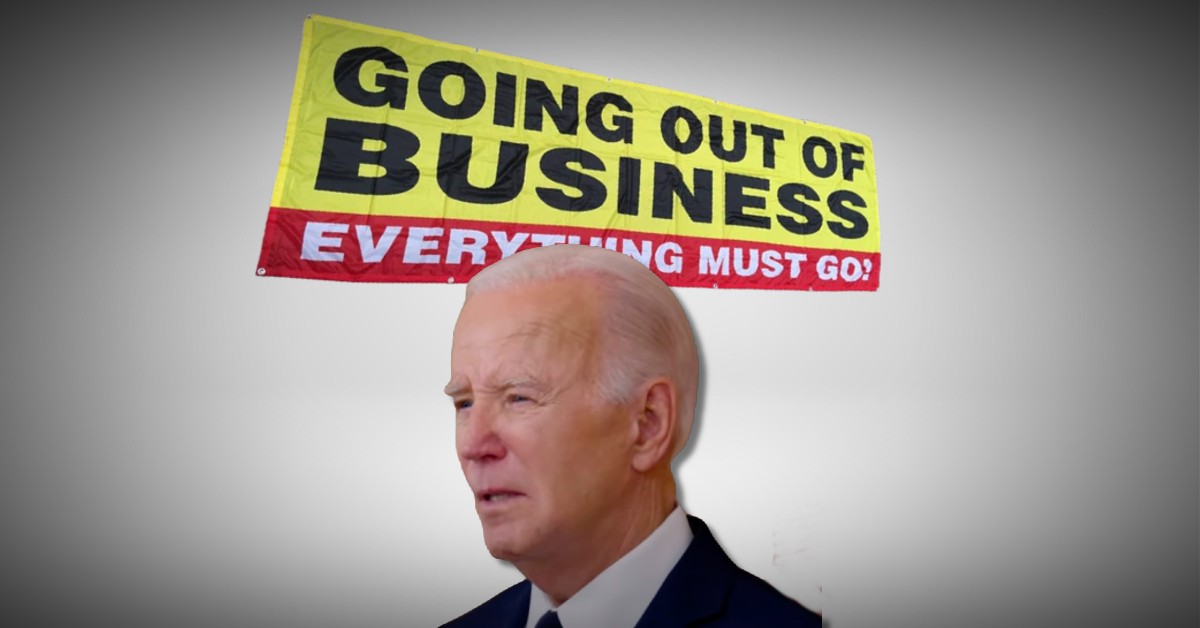

Golden Dinosaurs, a beloved vegan restaurant located in Gulfport, Florida, has announced its permanent closure, set for January 19, 2025. The owners cited a tough economy and the impact of back-to-back hurricanes, Helene and Milton, as significant factors contributing to their decision. In a heartfelt message shared on social media, they reflected on the challenges faced over the past fiscal year, which ultimately led to this difficult choice [6ac127a1].
Since its opening in August 2018, Golden Dinosaurs has garnered a loyal customer base, known for its comforting vegan dishes. However, the recent economic downturn has proven too challenging to sustain operations. The owners also manage another vegan establishment, Good Intentions, located in St. Petersburg, where they plan to concentrate their efforts moving forward [6ac127a1].
This closure adds to the growing list of restaurant shutdowns across the country, as many establishments grapple with similar economic pressures. The restaurant industry has seen a surge in closures, with chains like TGI Fridays and Cracker Barrel also announcing significant reductions in their locations due to inflation, labor shortages, and rising operational costs. The cumulative effect of these challenges has left many local favorites struggling to survive [775c04b7][49870b01].
As the landscape for dining continues to evolve, the closure of Golden Dinosaurs serves as a poignant reminder of the ongoing difficulties faced by small businesses in the food sector. The owners expressed gratitude for their community's support and hope to continue serving their patrons through their other restaurant [6ac127a1].